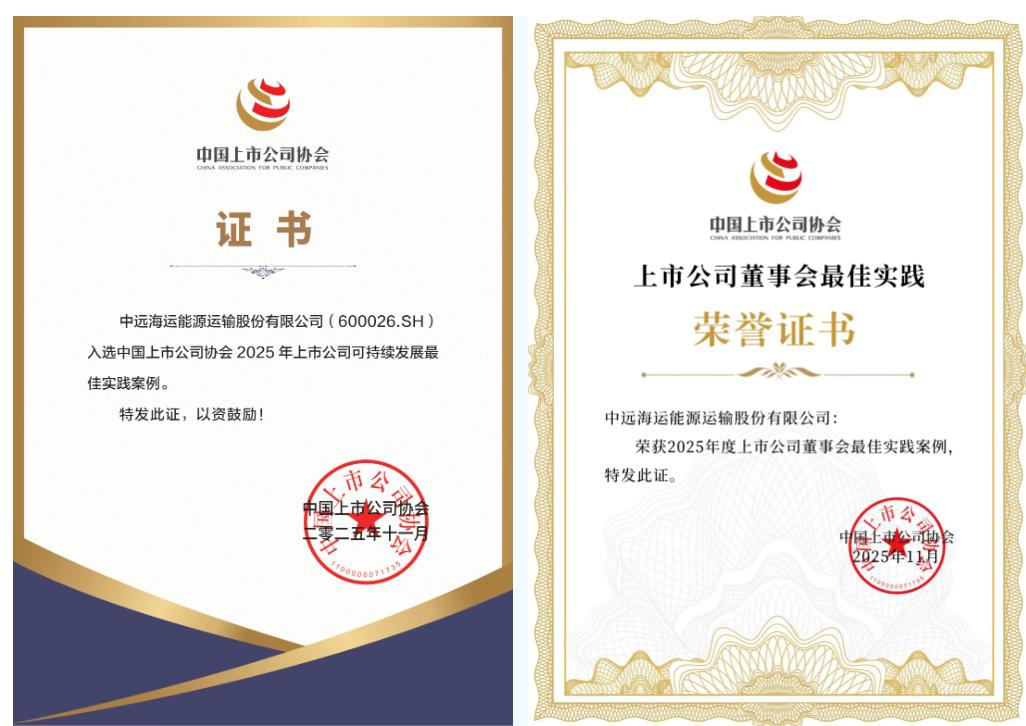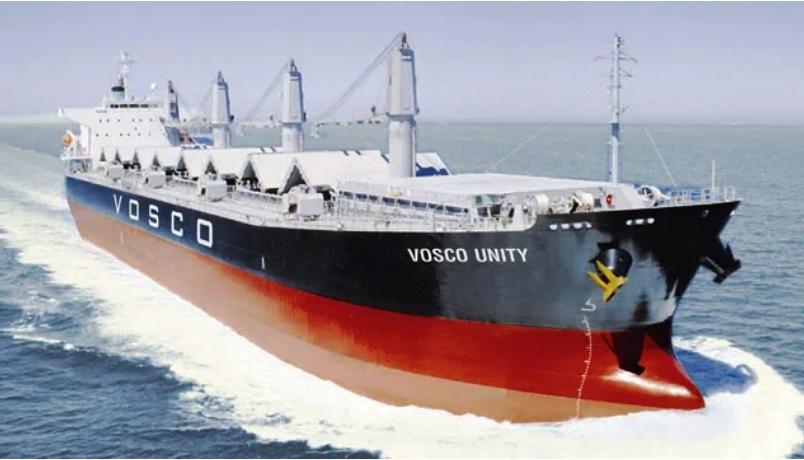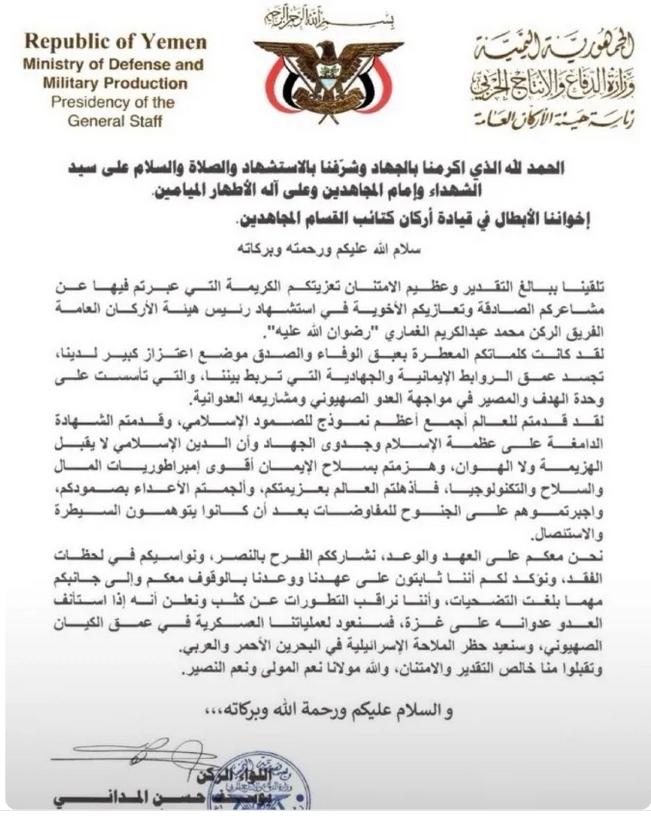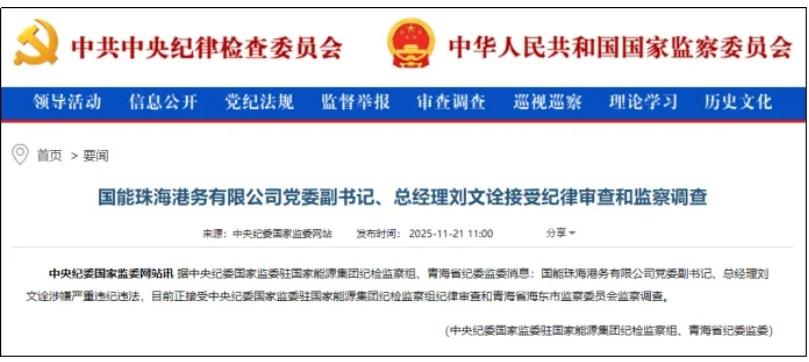Laytime Clauses 装卸时间条款
Voylayrules 1993
《1993年航次租船合同装卸时间解释规则》
2.91 The Voylayrules 1993 provide a common definition for a weather working day, a weather working day of 24 hours and a weather working day of 24 consecutive hours. They provide that these phrases
shall mean a working day of 24 consecutive hours except for any time when weather prevents the loading or discharging of the vessel or would have prevented it had work been in progress.
This definition is effectively the same as that provided for in the Charterparty Laytime Definitions 1980 in relation to a weather working day of 24 consecutive hours. What it purports to do therefore is define the working day as 24 hours and therefore the actual duration of any interruption due to weather, or deemed interruption if the vessel is not in berth, is to be discounted irrespective of the working practices at the port in question. Whilst this undoubtedly simplifies any calculation as to time lost, this definition will only apply to a weather working day simpliciter where the Voylayrules 1993 are specifically incorporated into the charter.
2.91 《1993年航次租船合同装卸时间解释规则》中对这些短语:良好天气工作日、24小时的良好天气工作日以及连续24小时良好天气工作日给出了一个统一的定义,即:
是指连续24小时的工作日,但天气妨碍船舶装货或卸货的时间,或者装货或卸货作业已经进行而天气妨碍作业的时间除外。
这一定义实际上同《1980年租船合同装卸时间定义》中的连续24小时天气适宜工作日的定义是一样的。其目的是将工作日定义为24小时,因此,不论所在港口的作业习惯如何,由于天气原因导致实际持续时间的任何中断,或者如果船舶未靠泊但被承认是中断任何持续时间都应该扣除在外。尽管有关时间损失的计算毋庸置疑地简化到这种程度,但是,这个定义仅适用于明确地将《1993年航次租船合同装卸时间解释规则》特别并入租船合同的情况。

Working days, running hours, running days, weather permitting
天气允许的工作日,连续时,连续日
2.92 At first sight, it might seem that the addition of the words ‘‘weather permitting’’ either before or after the laytime clauses set out above would simply exclude any periods when adverse weather actually prevented loading or discharging, or in other words that they are words of exception. That this is not so and that when they are attached directly to a laytime clause they become words of description and thus part of the clause itself (as does ‘‘weather’’ when added to ‘‘working day’’) is the effect of two decisions made within a few months of each other.
2.92乍看起来,在上述陈述的装卸时间条款的前面或者后面加上一句‘天气允许’就会简单地将那些实际影响装卸货作业的坏天气期间排除在外了,或者换句说话,这就相当于除外免责用词。其实不然,当它们被直接附属于装卸时间条款中时,它们就会成为描述性词语,因而成为该条款的一部分(就像在‘工作日’前面加上‘良好天气’一样),这亦是短短几个月中的两个案子的判决结论。
2.93 The present position is therefore that having become an Arrived ship and being at a place or in a position where the parties intend to load or discharge cargo, time will not run if the weather does not permit the ship concerned to load or discharge cargo of the type intended to be so loaded or discharged. If however the vessel is an Arrived ship, but is not in such a position where she can work cargo, but is awaiting a berth, time will similarly not count, if the weather would have prevented cargo operations had she been in berth.
2.93因此,目前的法律地位是,已成为抵达船的船舶和处于合同双方计划装卸货的地点或位置,如果天气不允许有关船舶去装卸原计划要装卸的那类货物,时间就不会开始计算。然而,如果船舶是抵达船舶,但不是处于她能够进行货物作业的位置,仍在待泊,假如她是在靠泊天气本应该也会阻止她进行货物操作的话,同样,时间也不会起算。
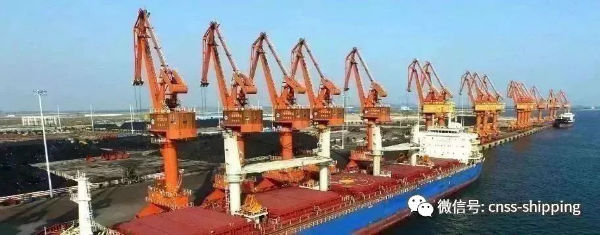
2.94 In Stephens v. Harris, the laytime clause provided for loading at a rate of ‘‘400 tons per weather working day, weather permitting’’. The vessel concerned duly reached her loading berth and was lying under the spouts ready to receive her cargo of ore, which was to come from five miles away. However, bad weather delayed the cargo being brought to the vessel. There was also a strike, but in so far as the weather was concerned, the court held that laytime was not interrupted, because the weather did not affect the loading of the vessel, it only affected the transportation of the cargo to the vessel.
2.94在Stephens v. Harris案中,装卸时间的条款规定:装货率为‘天气允许条件下,每良好天气工作日400吨’。该轮按期抵达其装货泊位并在喷管下做好准备接收矿砂货物,货物是从5英里之外运来的。然而恶劣天气造成货物延迟送抵船边。同时还发生了罢工,但就所涉及的天气而言,法院判定:装卸时间并没有被中断,因为天气并未影响到该轮的装货作业,而是仅影响这批货物往船边的运输。
2.95 Commenting on this decision in Reardon Smith Line Ltd v. Ministry of Agriculture, Lord Devlin said:
. . . if the weather was to be treated as if it were an excepted peril excusing work only when it was actually operating, words could, of course, be found to do it. In Stephens v. Harris & Co, the Court of Appeal held that the phrase ‘‘weather permitting’’ in that laytime clause had that effect. I see no reason to doubt the authority of that decision although there has been some controversy about it.
Later in his speech, he added:
If the parties want to keep closer to reality, they should use ‘‘weather permitting’’ or some other phrase of exception.
2.95针对这一判定,在Reardon Smith Ltd v. Ministry of Agriculture案中,Devlin 勋爵解释说:
……如果这种天气被看作是免除其进行工作的借口,好像只有当船舶实际在进行作业时才能被视为一种除外风险,当然,这些词语就可以这样判定了。在Stephens v. Harris & Co案,上诉法院判定装卸时间条款中的‘天气允许’这一短语即有其作用效果。尽管关于此案一直存在着某些争议,但是我还看不到有任何理由怀疑这一判决的权威性。
后来,在讲话中他又补充道:
如果当事人想要更接近于事实,他们就应使用‘天气允许’或其他的除外短语。
《装卸时间与滞期费》购买链接(点击可购买)
海运圈聚焦专栏作者 魏长庚船长(微信号CaptWei)

 2018-04-24
2018-04-24 1274
1274 







